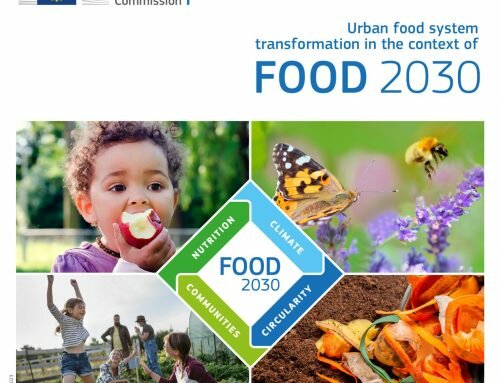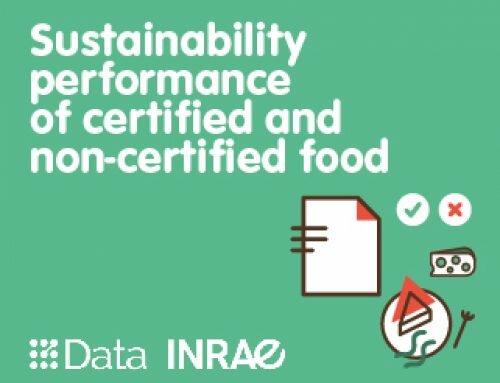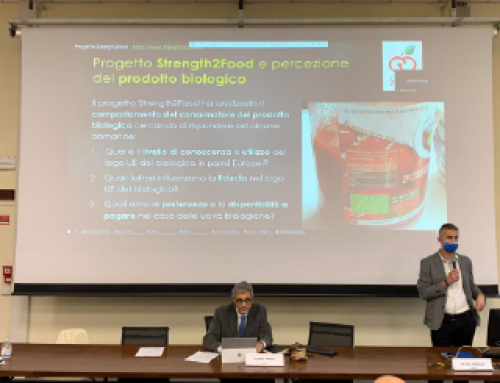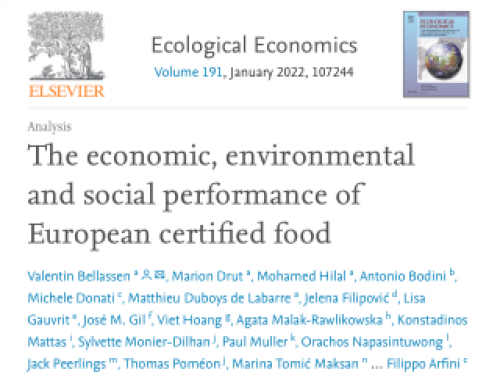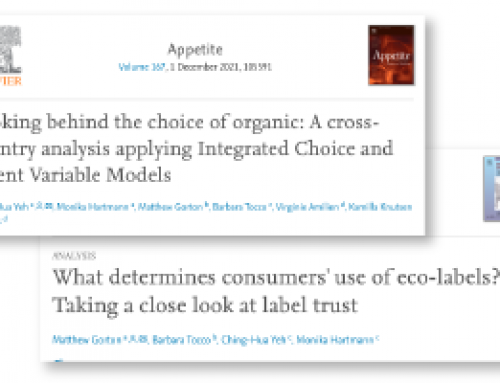
EUFIC entered into the dialogue on the sustainability of the current food systems by organising a special session at the 33rd EFFosT International Conference focusing on ‘Engaging consumers for a better food value chain’. The idea of this session was to present the results of three European research projects EUFIC is currently involved in (SMARTCHAIN, TrustTracker® and Strength2Food) and discuss new ways to build trust among food chain actors and empower consumers to take an active role in driving the development of future food supply systems.
Dr. Gunnar Vittersø from the Oslo Metropolitan University and Prof Edward Majewski from the Warsaw University of Life Sciences talked about the sustainability of short food supply chains. As part of the Strength2Food project they performed, a qualitative analysis in six European countries (FR, HU, IT, NO, PL and the UK) to assess the practices of multiple supply chain actors, and a quantitative analysis to compare the impacts of SFSCs to that of mainstream ‘longer’ retail alternatives. The qualitative findings suggest that consumers’ motivation to purchase foods from SFSCs derives from a perceived higher quality of food and their support of local production. It also highlights that SFSCs can provide important social benefits for all types of actors, e.g. strengthen local identity, support for the local economy, reciprocity and mutual trust among supply chain actors. However, participants had mixed views regarding the economic and environmental benefits. “The strength of SFSCs is the closeness (social and/or geographical) between production and consumption”, says Dr. Gunnar Vittersø, “It provides better transparency and consequently increased trust between the various participants in the food chain.”
The quantitative results confirmed that producers participate simultaneously in several short and long supply chains and that participation in SFSCs offers better economic advantages by capturing a larger proportion of margin otherwise absorbed by different intermediaries. The evidence appeared less clear-cut regarding environmental impacts. This is because SFCS can incur a large number of journeys by individual consumers who transport relatively small quantities of food at a time. Regardless, the social (consumers) and economic (farmers) benefits are strong incentives to search for new market niches and innovative supply and communication solutions within short food supply chains.
To read the full article click here.


